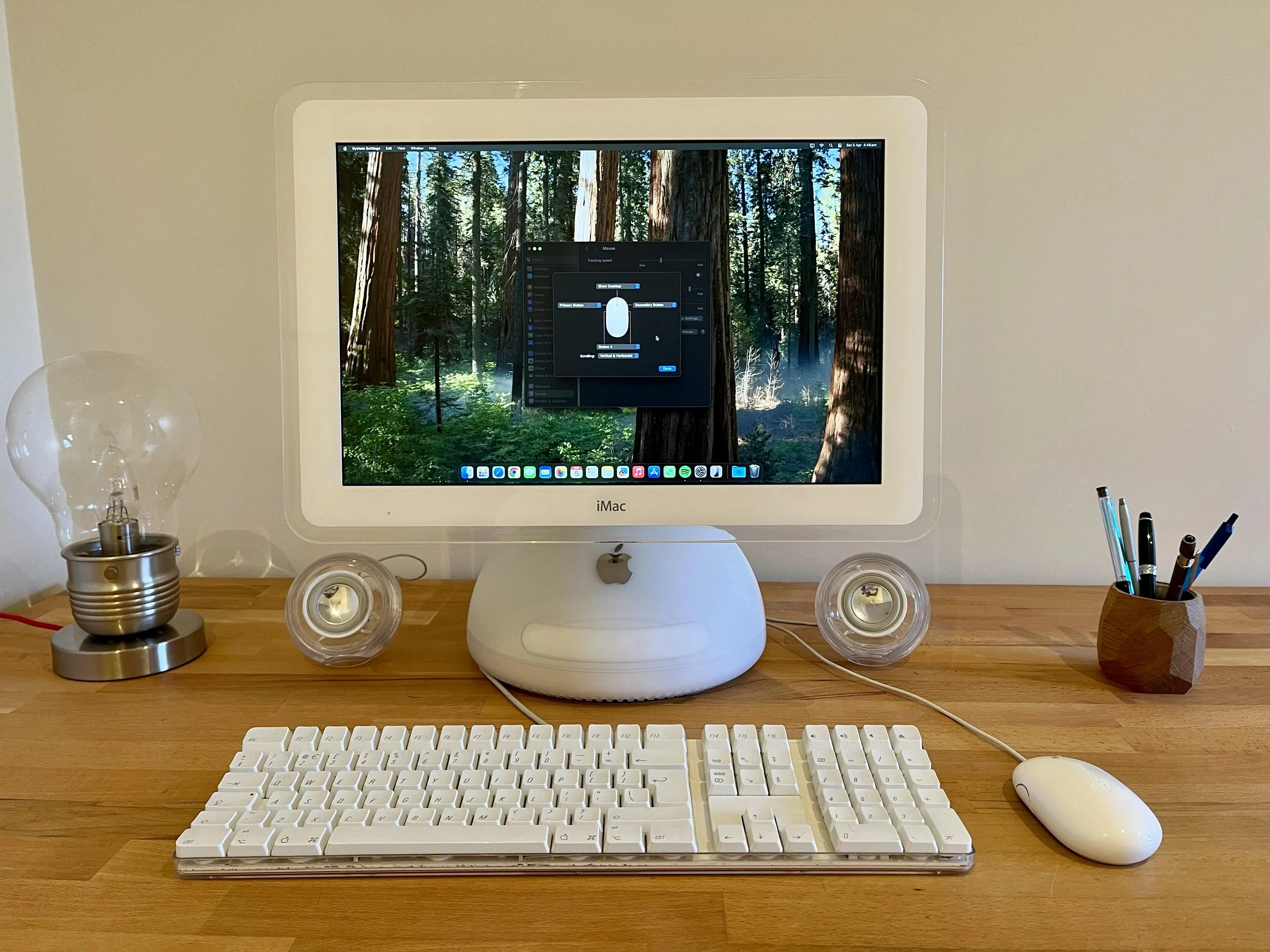The New Acquisition That Matters
OpenAI recently announced it has acquired Roi, a personal finance AI app, though only the company’s CEO is joining OpenAI full-time while the rest of the team will wind down operations. This move is not a typical tech acquisition but rather an acqui-hire—a strategic hiring of talent to accelerate work in consumer-facing AI. It underscores OpenAI’s growing focus on personalization, embedding AI more intimately into everyday user life—not just as a tool, but as a companion.
In this article, we’ll break down what Roi did, why OpenAI made the move, how this signals a shift in priorities, and what it might mean for future AI consumer tooling.
What Was Roi & What Made It Unique
Core Offering & Vision
Roi was founded in 2022 as an AI-powered personal finance app that aimed to unify multiple financial sources—stocks, crypto, real estate, NFTs—and deliver insights, manage portfolios, and even propose trades. The idea was that your past financial history and preferences should guide the advice you receive.
What set Roi apart was the degree of personalization. From onboarding, users could tell the app how they wanted it to “talk” to them (tone, style, focus), and Roi would adapt its responses. As described by its founder, personalization wasn’t just for finance—it was a broader philosophy: “Personalization is the future of software.”
Roi raised about $3.6 million in seed funding from investors such as Spark Capital and Gradient Ventures. Yet, despite its ambition, Roi decided to shut down the app itself, allowing the team to integrate into OpenAI.

The Acqui-Hire & What It Really Means
What Happened
OpenAI has acquired only the CEO of Roi, Sujith Vishwajith (also co-founder), while the rest of the roughly four-person team will exit. Roi’s services will shut down by October 15. This is less about acquiring the product and more about absorbing the human expertise behind its technology.
OpenAI has not disclosed the financial terms of the deal, but this kind of talent acquisition is in line with a trend of AI companies absorbing small teams or leaders to accelerate internal capabilities. Roi’s assets and user base will likely not transfer over in full; rather, the value lies in the engineer’s knowledge and vision around personalization.
What OpenAI Gains
-
Expertise in financial personalization — the lessons and models built at Roi may be ported into broader product lines.
-
Talent boost — bringing in someone who deeply understands adaptive, user-centric AI helps OpenAI scale consumer-centric features.
-
Acceleration of roadmap — rather than building such capabilities from scratch, OpenAI now has inside know-how to shape its personalized AI ambitions faster.
How This Fits OpenAI’s Consumer Ambitions
From API Provider to Consumer Product Builder
OpenAI has long been ambivalent about the consumer space: is it an infrastructure company or a products company? This acquisition suggests it's leaning harder into direct-to-user AI offerings—not just APIs backing other products, but flagship consumer experiences.
OpenAI’s recent consumer-facing products include Pulse (a personalized news digest), Sora (an AI-powered short video/content app), and Instant Checkout (in-chat purchasing). The Roi hire bolsters the personalization backbone behind such services, enabling more tailored, sticky experiences.
Personalization as the Next Frontier
General AI is becoming a commodity; differentiation will come from adaptation. Users expect tools to understand their habits, preferences, style, and context. OpenAI seems to be betting that personalized AI companions—tools that learn over time, adapt tone, behavior, and advice—are the next wave.
Roi’s approach—letting users teach the system how they want it to respond—fits that vision. The acquisition indicates OpenAI wants that kind of feedback loop baked into its future offerings.
Challenges & Risks of Personalization
Privacy, Data Safety & Trust
With deeper personalization comes greater sensitivity. AI systems that hold and interpret personal finance data (or broader personal data) must be ultra-secure and clear about data usage, retention, and privacy. Missteps could quickly erode trust.
Model Bias & Responsiveness
A highly personalized AI must avoid reinforcing bad habits or biases. If recommendations lean too much into “what the user already does,” there’s risk of echo chambers or blind spots. Maintaining balance between personalization and exploration is hard.
Technical Complexity
Real-time adaptation, memory, multi-modal content, preference shifting, and context layering are all technically complex. Integrating these into production systems without breaking speed, reliability, or consistency is nontrivial.
Monetization & Alignment
Personalization features are expensive—data storage, model infrastructure, compute costs. OpenAI must ensure that such features produce sustainable revenue or usage that justifies cost. Otherwise, consumer use may suffer limits or monetization pressures.
What This Signals for the Industry
-
More acqui-hires in AI personalization will follow, especially from niche startups with domain expertise (health, finance, education).
-
Consumer AI will intensify: we’ll see more apps that evolve with you—adapting voice, tone, suggestions, layout, and context over time.
-
Competition escalates: other AI firms (Google, Anthropic, Meta) will reexamine how they embed personalization in consumer layers.
-
Ethics & regulation: personalization means we’ll get closer to “AI that knows you.” Government scrutiny around profiling, fairness, and liability will increase.
What to Watch Next
-
Role for the CEO within OpenAI — Which team will Vishwajith join? Will Roi’s financial models or personalization logic surface in ChatGPT, Sora, or new apps?
-
Feature rollout — Look for waves of personalization in OpenAI’s consumer products: e.g. personalized recommendations, tone adjustment, memory with consent.
-
Talent pipeline — More small teams or startups may be folded into OpenAI to accelerate vertical features.
-
User feedback & retention — Will personalization meaningfully improve retention, engagement, and user satisfaction?
-
Regulatory spotlight — As AI personalizes deeper, issues around data consent, transparency, explainability will become central.
The acqui-hire of Roi’s CEO by OpenAI is more than a small talent move—it represents a clear strategic shift toward embedding personalization at the heart of future consumer experiences. As AI transitions from powerful assistant to personal companion, OpenAI is fitting out its team with the expertise to make that vision a reality.
If OpenAI executes well, users may soon see AI tools that feel more fluent, responsive, and tailored than ever. If it falters, personalization could feel gimmicky or intrusive. But one thing is clear: OpenAI’s next chapter is increasingly personal.
If you like, I can also generate a 600-word summary version or bullet-point key insights for faster publishing.





